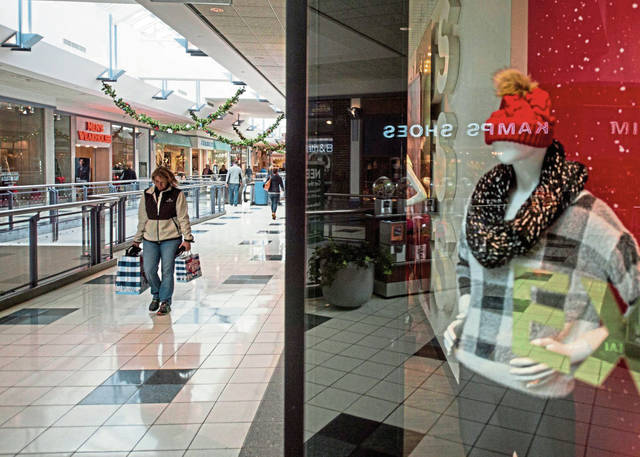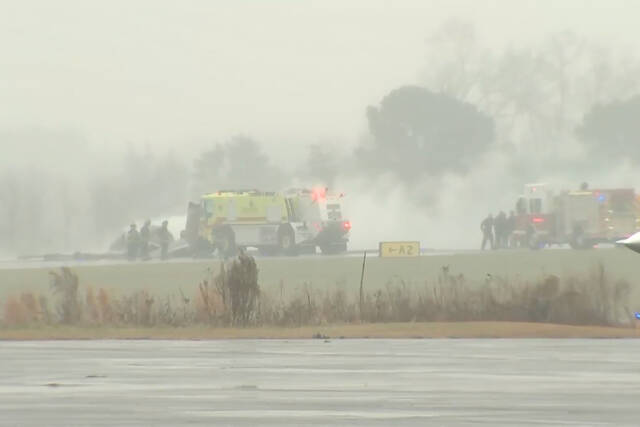Trade wars and a calendar fluke will be among the things affecting shopping behavior during this year’s Christmas holiday shopping season.
With new U.S. tariffs on Chinese goods set to begin Dec. 15, shoppers who wait until later in the shopping season may end up paying more for some goods, according to the National Retail Federation.
New 15% tariffs on a wide range of consumer goods from China took effect at the beginning of September and are scheduled to be expanded to additional goods Dec. 15 — covering a total of about $300 billion in imports, according to NRF. As a result, a surge of retail imports is expected in the month preceding the tariff expansion.
“This is the last chance to bring merchandise into the country before virtually everything the United States imports from China comes under tariffs,” said Jonathan Gold, NRF vice president for Supply Chain and Customs Policy. “Retailers are doing all they can to mitigate the impact of tariffs on their customers. The effect on prices will vary by retailer and product during the holiday season, but ultimately these taxes on America businesses and consumers will result in higher prices.”
In September, 79% of consumers surveyed for NRF said they were concerned that tariffs will cause prices to rise, potentially affecting their approach to shopping.
What’s more, the “official” Christmas shopping season will be constricted because Thanksgiving falls six days later than last year. That could potentially put pressure on retailers looking to maximize profits within a shorter time frame, according to Salesforce Commerce Cloud.
Still, NRF is forecasting record holiday sales and record consumer spending this holiday season.
NRF predicts retail sales in November and December could total between $727.9 billion and $730.7 billion — a jump of about 4% over 2018. That includes a projected $162.6 billion to $166.9 billion in online and other non-store sales.
Individual consumers are expected to spend an average of $1,047.83 this holiday season — up 4% from the $1,007.24 they said they would spend last year, according to an NRF survey.








